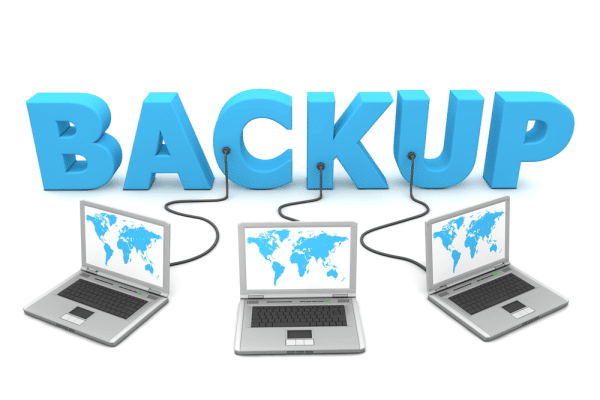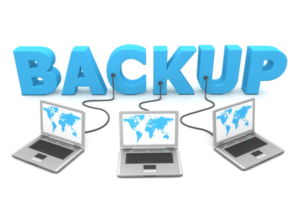It’s always fun for IT guys to see people in the financial industry marvel at Bitcoins and their fluctuations. Here in IT, fluctuation and change are the norms. A significant service can be a lifesaver now but give it a few years, and it will be completely null. Herein lies the problem. In IT, things change fast, and businesses that don’t adapt to these changes are flushed down the toilet. This is why choosing IT Support is a daunting task. The service spectrum is broad, needs are always changing, and it’s always difficult to tell if your IT service provider is providing you with the best services, or leaving some vital things out of their checklist.
Your IT service provider may be missing the following boxes on their service provision checklist:
Cloud Cost Optimization
The internet always seems free for everyone except for IT firms. Your internet provider may be intentionally or unintentionally, making you pay way more to the Cloud Service Providers than you should. Statistics show that most companies spend about 36% more than they should pay to their Cloud Service Providers such as AWS.
Most IT businesses lose out on massive savings by outsourcing their Cloud Management to IT Service Providers who overlook cost optimization. To these providers, getting you to the cloud is an accomplishment, even if your business has to spend fortunes to use it.
There are a plethora of actions your MSP should be undertaking to cut your cloud costs significantly. Your IT service provider should be:
- Using or being heavily invested in Cloud analytics
- Integration of Auto Scaling To reduce costs
- Using AWS cost optimization tools
- Power Utilization Practices such as Power schedules
- Right-Sizing Of Computing Services
- Use of Spot instances when necessary
Contingency Plans and Security
Once you have outsourced most of your IT service requirements to an IT firm, the security and safety of your data and the customer’s data become a priority. The two most essential things in security are contingency plans and constant improvement. Though most MSPs invest heavily in security, very few offer “Plan Bs” when the ceiling caves. Failure to plan, in IT more than in any other industry, is planning to fail.
- Your MSP should have:
- Clearly laid out Disaster Recovery Plans
- Insurance in case of a Cyber Attack
- Extensive and Secure Backups for your data
In terms of constant improvement, your IT service Provider’s security plan should always be evolving. Security in IT is not a destination but a journey. Malware is continuously changing and improving, and so should your IT providers Security Plans. Your IT provider should be keeping up with the following cybersecurity and malware trends:
- Increase in instances of Ransomware
- Third-party Cryptomining
- State-sponsored cyber attacks
- Artificial intelligence in cyber terrorism
Regulatory Compliance
For years now, it was assumed that the web and IT were beyond regulation. Well, the amount of regulation in IT has significantly increased for two fundamental reasons. Governments and regulators have spent the past few years catching up. Also, the rise of IT and its growth has seen IT expand into uncharted territory and industries increasing its influence. This has called for more regulation.
Navigating the regulatory landscape is an essential service your MSP needs to offer. Some of the past, present and future regulations that have been lorded over the IT industry include:
- The General Data Protection Regulation (GDPR) in the European Union
- Consumer Privacy Act in California (CCAP)
- The Biometric Data Law in Illinois
- Consumer Online Privacy Right Act(proposed Bill)
- Children’s Online Privacy Protection Act (COPPA)
- To show how a lack of regulatory compliance can cost a business and how fast the regulatory climate is changing, YouTube was recently fined $170 million for violating the COPPA regulations.
Regulation in itself is a noble idea, but it may lead to massive losses in money and time if neglected. Your IT provider has the responsibility of preparing you for future regulations and how they will affect your business. Your IT provider should be able to
- Extrapolate your current investments and plans to see if they will be legally viable in the next ten years or so.
- Align the services they offer to ensure that they comply with present and possibly future regulation.
- Assure the privacy of your IT firm and the data of your customers and staff.
Though it’s true that the IT climate is always changing, we here at 4 Corner IT have always been changing with it. For any inquiries about IT and Custom solutions on your IT needs, contact us and let us be part of your story.







